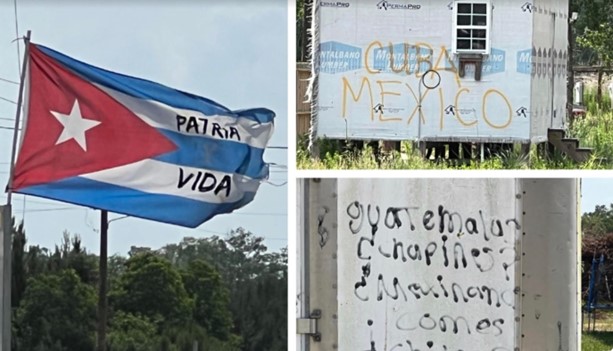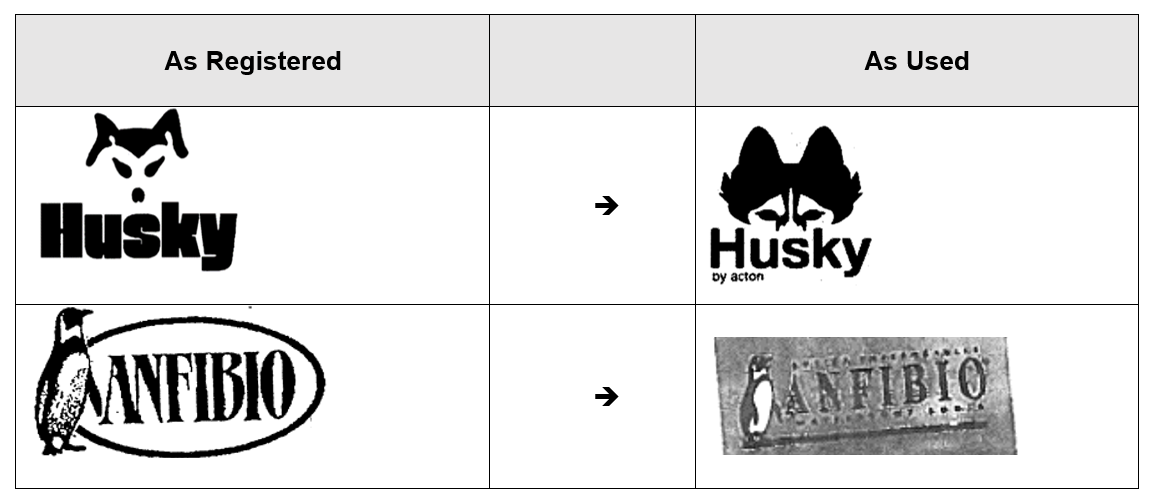Feds Sue Texas Developers of Huge Illegal-Immigrant Community
Assistant Attorney General Kristen Clarke of the Department of Justice Civil Rights Division speaks to reporters about its Colony Ridge complaint on December 20, 2023.
In the last months of 2023, developers of the massive “Colony Ridge” housing development in Liberty County northeast of Houston waged a public relations offensive to counter widespread reported perceptions among locals that most of its 50,000-70,000 settlers are illegal aliens drawn to an owner-buyer financing scheme that helps them buy land without traditional mortgage requirements. There were also claims that cartels have operated there, and of a prevailing lawlessness throughout Colony Ridge because population had so outstripped available police.
The development firm, Terrenos Houston, and its owners, Republicans Trey and John Harris tried to fend off the most draconian business-curtailing ideas ahead of a special legislative session that Republican Gov. Greg Abbott called after I reported local perceptions about Colony Ridge in my book, Overrun.
After spoon-fed alt-storylines placed in liberal media outlets and among Democratic lawmakers at the Austin hearings, that a safe and well-policed Colony Ridge was helping poor Latinos attain the American Dream of home ownership, the state legislature did earmark $40 million to extend extra state policing that had finally calmed the most visible lawlessness by Thanksgiving.
But the new year now brings the Harris brothers potentially existential new challenges related to the loan, marketing, and sales model that grew Colony Ridge — and which went largely unquestioned during the state hearings or by uncritical media purveyors of Colony Ridge’s American Dream storyline.
In an 11-count civil rights complaint filed on December 20, the U.S. Department of Justice’s Civil Rights Division and the U.S. Consumer Financial Protection Bureau allege that since at least 2016 Terrenos Houston and affiliates engaged in a large-scale “illegal land sales scheme” that used false statements and “predatory” owner-to-buyer loans to sucker tens of thousands of Latinos into buying do-it-yourself, flooding-prone home building lots despite extremely high interest, foreclosure, and property-flipping rates.
Elements of the Charges
The operations violate the Fair Housing Act and the Equal Credit Opportunity Act, the bureau alleges in its 45-page charging complaint.
Colony Ridge developers used sophisticated “bait-and-switch” fraud tactics on victims based on “national origin”, and by exploiting language barriers that “turned their dreams into absolute nightmares,” Rohit Chopra, director of the U.S. Consumer Financial Protection Bureau, said during an announcement.
“Colony Ridge lies to buyers,” he said of salespeople who would, for instance, tell interested buyers lots never flooded, when they frequently did.
The case alleges the company charged predatory interest rates as high as 12.9 percent and intentionally devised terms they knew would generate high-frequency property foreclosures. The company would then flip these for extra profit. The independent journal Houston Landing revealed that of 35,000 properties sold in Colony Ridge, nearly half ended up back in company hands.
Federal officials allege that Colony Ridge targeted victims based on national origin, signs of which are evident by flags and graffiti throughout the community. Photos by Todd Bensman.
The current complaint holds the potential to financially devastate the Harris companies and put an end to the business model of unsecured high-interest, owner-financed loans that powered Colony Ridge growth.
In its demand for relief, the bureau asked a federal court in Houston to halt the allegedly illegal business practices and “award damages, restitution, equitable, and other monetary relief, award civil-money penalties”, and rescind or reform loan contracts involving tens of thousands of Colony Ridge lot buyers. The bureau is asking past and present Colony Ridge buyers to get in touch and in line for remediation.
“Total Bullshit”
Trey Harris told the local Bluebonnet News he thought the federal lawsuit was “total bullshit”, its allegations completely false.
“I don’t understand why we are being made into the bad guys,” he said. “There are thousands of people who were living in apartments and rent houses who now have their own houses and are earning equity. If they are paying slightly higher interest rates, it is still better than paying rent and not earning equity.”
Whatever happens, a fight is on the immediate horizon.
Harris disputes that 12.9 percent interest is exorbitant, that properties were sold without utility lines, or that his company ever sold lots in off-limits flood plains.
“Again, this is complete and total bullshit. We don’t sell any lots that are in the 100-year flood plain,” Harris told the local paper.
But federal officials who oversaw an investigation, which began in late 2022, saw the alleged victimization of vulnerable Latinos as so egregious that they held a press conference during which they took turns flogging company practices and promising compensation to the victims.
“The impact of this unlawful discrimination and fraudulent scheme is devastating,” Assistant Attorney General Kristen Clarke, the head of the DOJ’s civil rights division, said at that press conference. “To the hard-working people hoping to achieve the American Dream of homeownership, through this lawsuit we are seeking to compensate those who suffered.”
The federal complaint carefully avoids any mention of victims’ immigration status, but points out that Terrenos Houston practices centered around almost exclusively Spanish internet advertising campaigns that featured, “cultural markers associated with Latin America, such as regional music and the national flags of Colombia, Honduras, Mexico, and Venezuela, among others”. Buyers were victimized, in part, because few were fluent in English.
Potential Existential Impact on Development and Future Growth?
Should the government’s quest succeed, the Harris family business faces potential ruin, almost certainly in its present iteration, and potentially even end the explosive growth of the settlement in the short term.
For growth to continue after a government win, the Harris company or someone else would have to be willing to provide extremely high-risk, unsecured owner-financed loans — at or near market rates — and also continue allowing buyers to sign without providing work and income history, Social Security numbers, or credit scores.
Whether any developer volunteers for providing loans like that would step forward — or if as many new buyers would step forward if they had to provide Social Security numbers and income history — remains to be seen should the federal action succeed.
But the Harris family might not be among those willing to gamble their money on high-risk loans because problems for the company may not end here.
The New York Post reported that other federal and state agencies are also investigating the development, including the IRS, the Environmental Protection Agency, the Army Corps of Engineers, and the Texas Commission on Environmental Quality. And the Daily Wire recently published an investigative exposé detailing how the developers of Colony Ridge allegedly manipulated the distribution of $16 million in taxpayer funds to private companies with direct connections to friends and family members.







